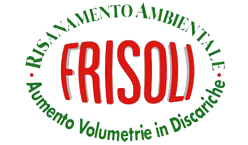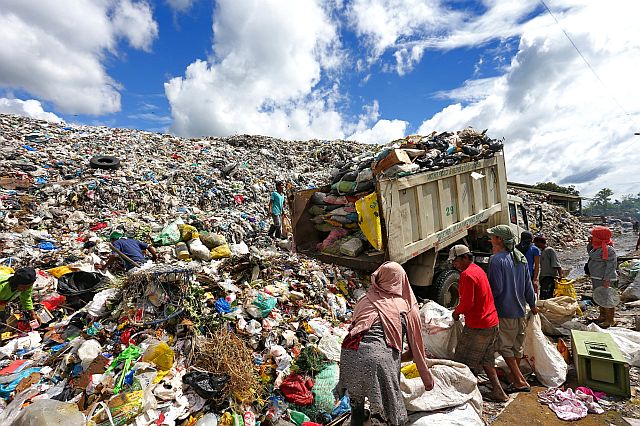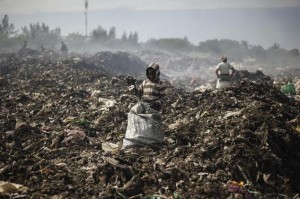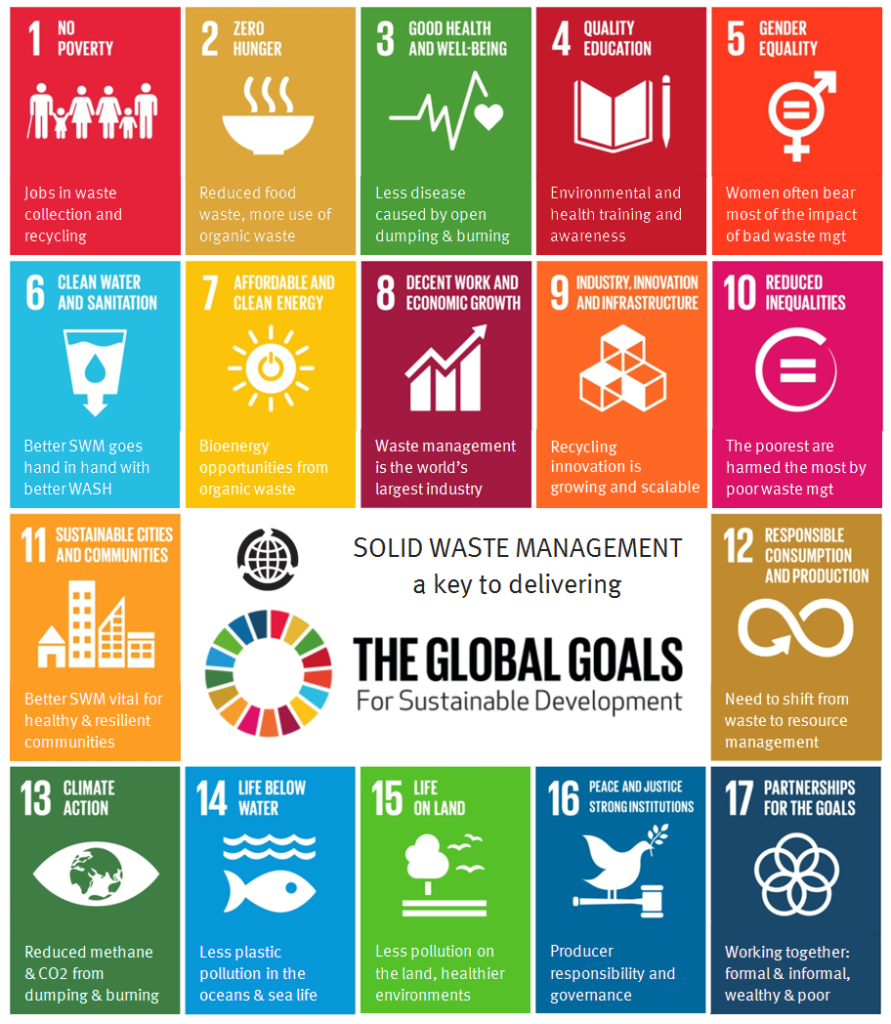Frisoli s.r.l. has realized long ago that as urbanization continues to take place, the solid waste management is becoming a major public health and environmental concern in urban areas of many countries. In particular, the lack of research and development activities in developing countries leads to the selection of inappropriate technologies in terms of the local climatic and physical conditions, financial and human resource capabilities, and social or cultural acceptability.
In low-income countries, over 90% of waste is often disposed in unregulated or openly burned dumps.
The most important causes of the negative impacts of open dumps on the environment and to public health and safety are related to proximity to waterways, geological/hydrogeological conditions, climatic conditions, long-term contamination due to leachate or landfill gas migration. The greenhouse effect via emissions of carbon dioxide and methane, including open burning of waste releasing smoke, particulates, and gaseous contaminants into the atmosphere has also a negative impact on environment and public health.
The interest in continuous improvement, environmental and social problem solving and waste management, has led Frisoli s.r.l. to expand its work field and to develop relationships with international NGOs involved in the social aspects concerning the poor Waste Management in Developing Countries. Our company is particularly conscious of socio-economic and health implications of a poor management of solid waste in many urban areas around the Worldand it’s truly willing to give its contribute to make a difference in people’s lives.
Frisoli s.r.l.’s goal is to improve waste pickers conditions by introducing an organized work system with the purpose of bettering their extreme deplorable social status and reduce the environmental issues associated to open dumpsites.
 English
English French
French  Italian
Italian  Spanish
Spanish 




